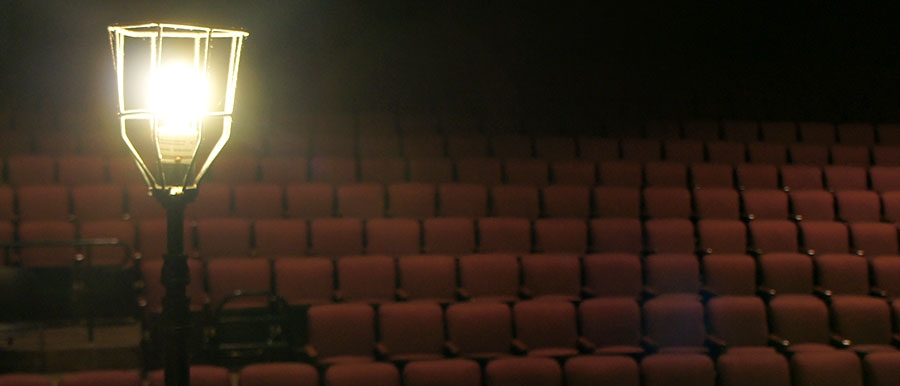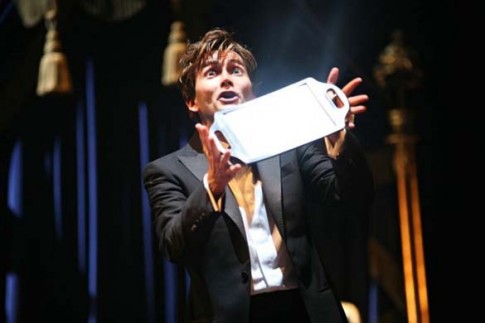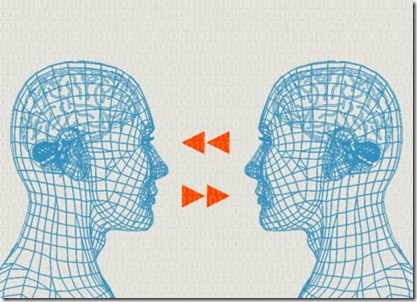
I believe that attending live theatre is, in itself, an act of courage. It isn’t always easy towitness “the very age and body of the time.” When I look into the eyes of our subscribers and patrons, I see a rigorous honesty, a willingness to face the truth. They trust that the playwright will not lead us to a funhouse mirror of distortion but to an honest reflection. Shakespeare best summarized the work of great playwrights: to create mirrors that focus our eyes on the essence of what it means to be alive right now. Theatre grinds the glass from a billion bites of data, coats the back with the mercury of perspective and polishes the surface with insight until our giant mirror removes the scales from our eyes and allows us to truly see.
All the best,
Bill






